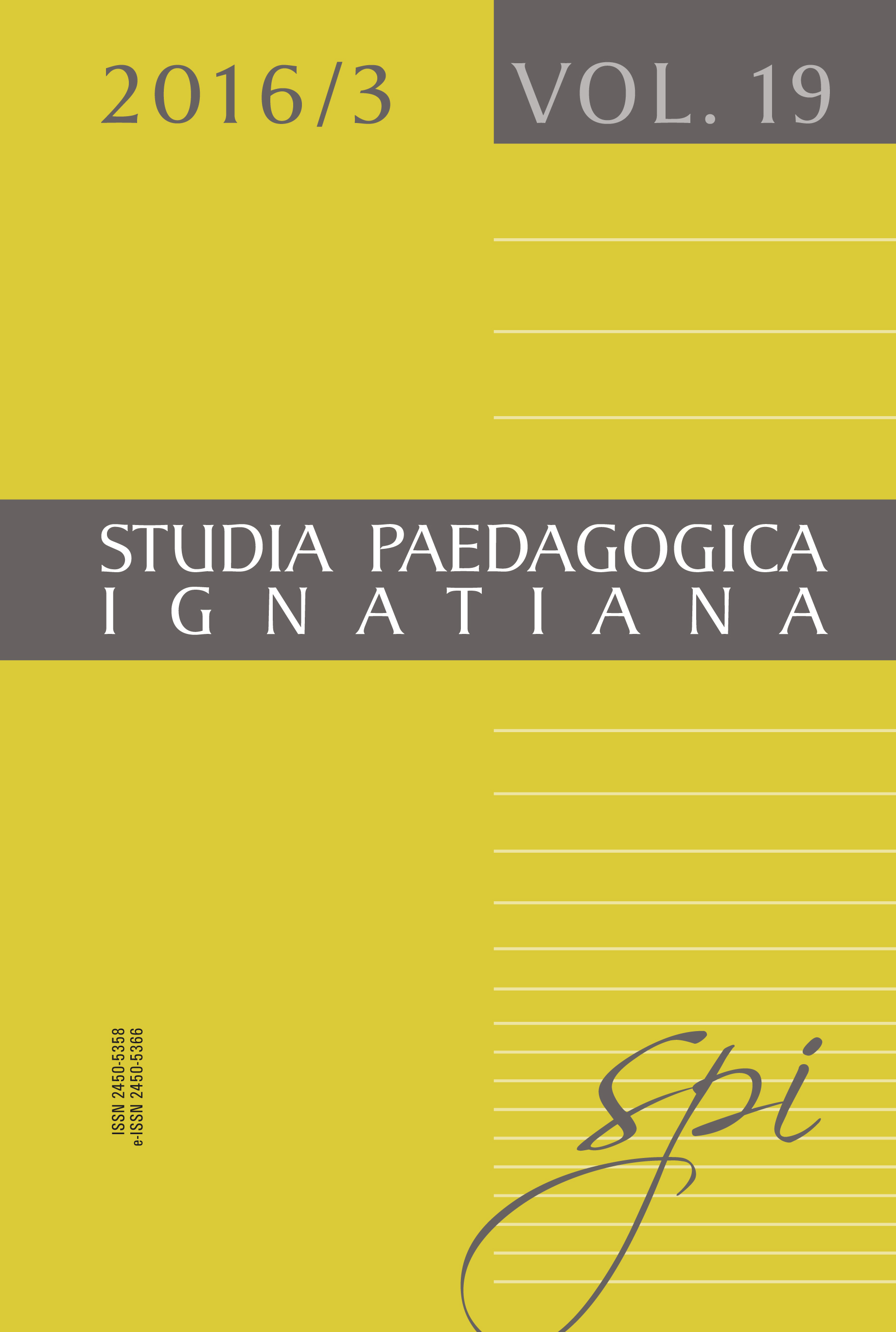Wpływ idei Komisji Edukacji Narodowej na organizację szkolnictwa w Rosji w pierwszej połowie XIX wieku
The Influence of the Ideas Propagated by the National
Education Commission on the Educational System in Russia in the First Half of the 19th Century
Author(s): Andrzej SzmytSubject(s): History, Social Sciences, Education, Modern Age, 19th Century
Published by: Uniwersytet Ignatianum w Krakowie
Keywords: National Education Commission; first half of the 19th century; education in the Russian Empire; The Vilnius School District;Adam Jerzy Czartoryski;
Summary/Abstract: When the National Education Commision ceased functioning and Poland had lost its independence as early as in the beginning of the 19h century under Russian rule, ideas and concepts that had been propagated by the Commision were successfully implemented by Adam Jerzy Czartoryski, Hieronim Stroynowski, Hugo Kołłątaj, Tadeusz Czacki and many others. On the one hand, they contributed to the reforms of the Russian educational system, where such reforms were largely based on the premises and ideas of the Commission; on the other hand, said thinkers attempted to preserve, and even develop Polish schools within this system. Consequently, the ideas of the National Education Commision developed on the eve of the fall of Poland made the Russians realize that the representatives of the conquered nation had provided Russia with the basis of a modern educational system. The uniqueness of this system was the division of the country into school districts that were created at universities. One of them was the Vilnius School District where Polish was the language of schooling. Thus, the Imperial University of Vilnius became the most important academic centre in the Lithuanian-Russian state. The University of Vilnius assumed authority over all educational institutionsin the Russian Partition, including some of those that had been earlier subordinated to the Main Crown School in Kraków. The renamed University of Vilnius thus supervised both schools previously established by the National Education Commission that had survived the turmoils of partitions and new ones created when the Vilnius School District began to function. Such an organizational structure lasted for nearly thirty years until the outbreak of the November Uprising. Then, most Polish schools were closed down and the Vilnius School District was dissolved. The fall of the Uprising marked both a symbolic and actual end to the ideas of the National Education Commission for the Russian Empire. However, the school organizational structure based on the old conception of the Commission remained intact.
Journal: Studia Paedagogica Ignatiana
- Issue Year: 19/2016
- Issue No: 3
- Page Range: 55-78
- Page Count: 24
- Language: Polish

